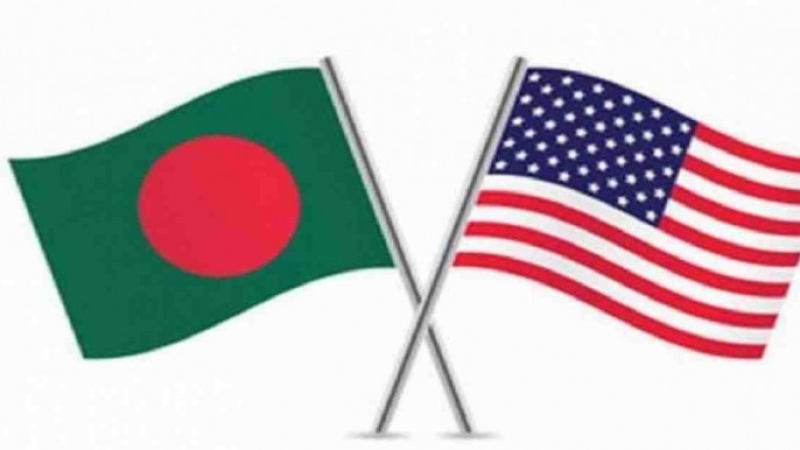- Puppet show enchants Children as Boi Mela comes alive on day 2 |
- DSCC Admin Salam’s drive to make South Dhaka a ‘clean city’ |
- 274 Taliban Dead, 55 Pakistan Troops Killed |
- Now 'open war' with Afghanistan after latest strikes |
- Dhaka's air quality fourth worst in world on Friday morning |
Bangladesh-US Talks Start to Resolve Tariff Dispute

The second round of negotiations between Bangladesh and the United States Trade Representative (USTR) began in Washington DC at 9pm Bangladesh time on 9 July. The talks aim to finalise a bilateral trade agreement that could exempt Bangladesh from the 35% tariff recently imposed by the US. Discussions are expected to continue through Friday.
Present at the meeting were Trade Adviser Sheikh Bashiruddin, Commerce Secretary Mahbubur Rahman, and Dr Nazneen Kawshar Chowdhury, Director General of the WTO Cell at the commerce ministry. National Security Adviser Dr Khalilur Rahman participated virtually.
Before the talks, Trade Adviser Sheikh Bashiruddin said the issue is under close review. He noted that discussions go beyond tariffs to broader bilateral trade matters. “We will discuss what will be best for the country,” he said, adding that protecting national interests is the top priority and expressing hope for a positive outcome.
Commerce Secretary Mahbubur Rahman said the US had issued a notice imposing the 35% tariff on Bangladesh and sent documents outlining a proposed agreement, set to take effect on 1 August. These documents mention easing imports of military equipment, LNG, wheat, agricultural products, cotton, and aircraft, along with annexes detailing the proposal.
A commerce ministry official said negotiations with USTR will continue nearly all day over the next three days. The ministry is open to offering tariff concessions on US products if necessary and does not expect local businesses to suffer from increased US imports.
Since April, the government has increased imports of LNG, wheat, and cotton from the US and begun the process of purchasing Boeing aircraft.
US President Donald Trump earlier announced a reduction in tariffs on garments from Bangladesh’s key competitor Vietnam, lowering it to 20%. Proposed tariff rates for India, Pakistan, Indonesia, and China are also lower than Bangladesh’s.
Garment exporters warn that the higher tariff on Bangladesh’s exports, compared to rival countries, could seriously harm the country’s apparel shipments to the US.

